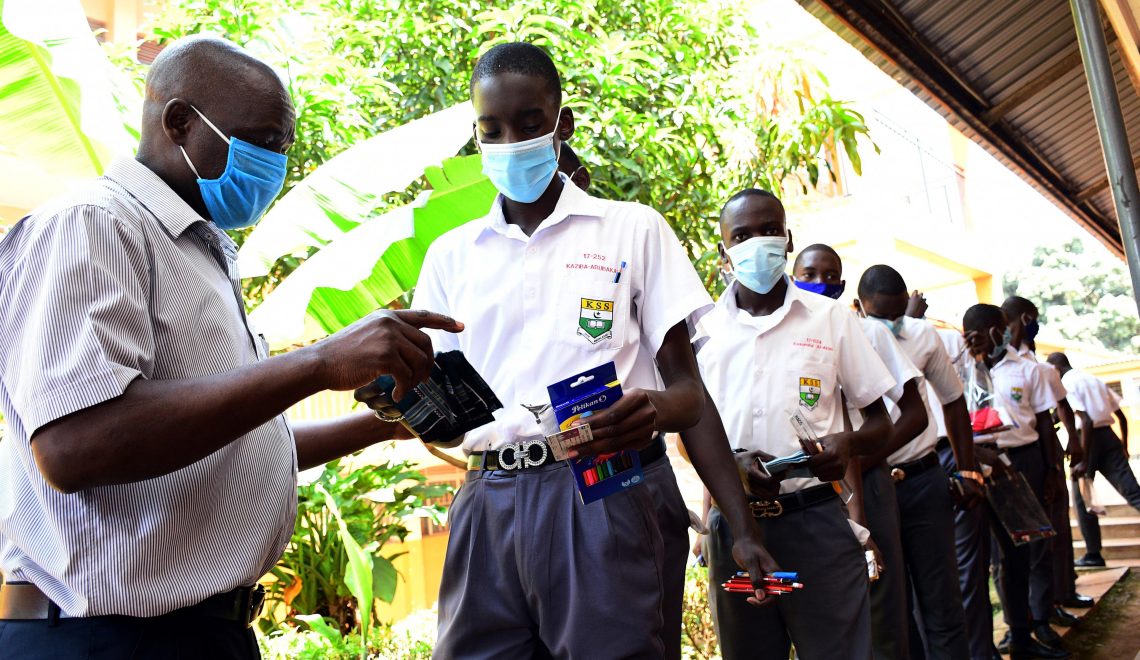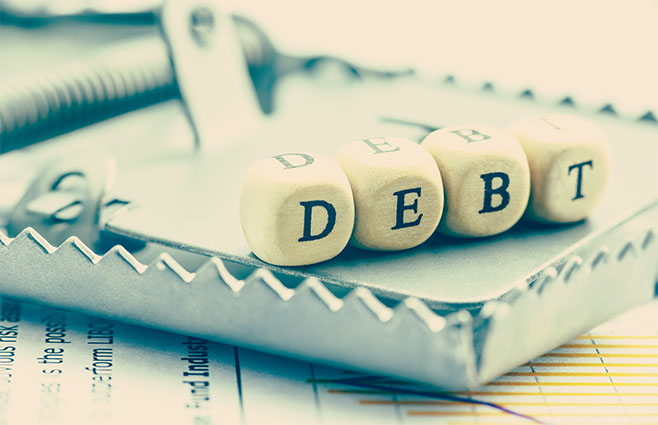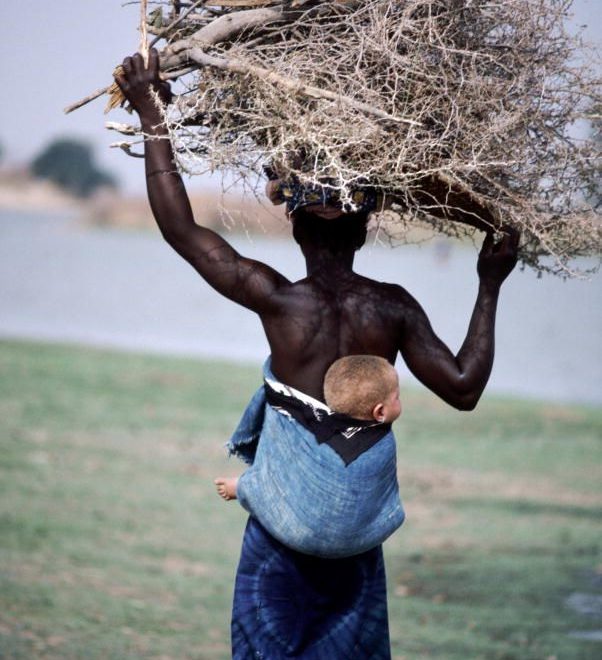
It seems like a lifetime since we went into lock down. March 18, 2020 it must have been if my memory serves me right. That lockdown meant that most of Uganda’s children, especially the under privileged have not been able to attend school for the last two years. In between there were a few attempts to return to normalcy, but things didn’t seem to work out as more and more people got infected by corona virus. But now it is official. Schools in both the public and private sector will be opening up on January 10, 2022 – a few months short of a two year hiatus. By the time of opening, Uganda will have earned itself the unenviable record of having kept its school system closed for the longest period during the pandemic.
At the time of closure, it was estimated that there were about 500,000 children in pre-primary, 8 million in primary school, 1.5 million in secondary, 100,000 in tertiary institutions and about 250,000 in University. These numbers make the sector the largest and by far the most critical in the Country’s development because human capital is increasingly becoming the biggest differentiator of economies.
At the time of closure, the sector was beset by many challenges. These included a high level of teacher and student absenteeism, weak school level management structures, inadequate availability of learning materials, and large class sizes. A major issue was also the availability of teachers in disadvantaged areas and a lack of accommodation for teachers in rural, hard to reach areas (see https://www.globalpartnership.org/where-we-work/uganda accessed on December 16, 2021).
The inevitable closure therefore created additional headaches for the sector. These new problems must be seen in the context of an ecosystem in which different parts operate symbiotically. A back of the hand stakeholder analysis would show that nearly the whole economy was impacted by this closure. The stakeholders that immediately come to mind include parents, students, teachers, school proprietors (in the private sector), financiers, suppliers of goods and services, employers and government itself. All these stakeholders have been impacted in various ways.
For lack of space, it is not possible to examine each stakeholder individually. But I will pick three for illustration. Students have been kept away from school, missing out on critical psychosocial development and progress. But perhaps the hardest hit have been the poor and underprivileged girl children, especially in rural areas. It is estimated that as many as a 500,000 of these may never reenter the education system. Critical issues here have included pregnancy and failure to access learning from home as a result of the digital divide. A second group that has been struggling have been the proprietors who were saddled with bank loans. It is claimed that while a significant number (about 47%) were able to continue servicing their loans, many have struggled and will continue to struggle. A third category that was affected (with tax revenue losses also arising for government) are the suppliers of goods and services. Indeed, a lot of the reported reduction in food inflation has been a result of the collapse of the education ecosystem rather than an actual increase in food production.
The assumption that January 10, 2022 will mean business as usual is therefore dangerous. The closure of schools has damaged the industry in ways that will take a while to be appreciated. The well-to-do have voted with their money and shifted kids to Kenya, Tanzania and other countries. Others were able to continue online. Up until the closure, Uganda had certainly become the East African region’s education hub on account of affordability and a fairly good level of discipline and pedagogy. One must wonder if the foreign students will be coming back. What is certain is that there will be a lot of empty seats absent teachers, and non-existent schools come 2022. It is going to be a difficult restart and we must brace ourselves.
Samuel Sejjaaka is Country Team Leader at Mat Abacus Business School. Twitter @samuelsejjaaka


